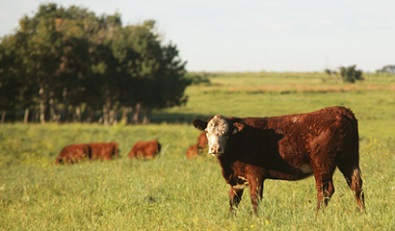Photo courtesy University of Saskatchewan.
The Saskatchewan Ministry of Agriculture says current meetings on the future of the provincial pasture program will not affect First Nations in their treaty land entitlement (TLE) or specific claim purchases.
In March, the government announced it would be winding down the program, which affects 51 parcels on Crown lands in the province. The farm pasture program was created in 1922 to provide supplementary grazing to Saskatchewan’s livestock producers.
Wally Hoehn is the executive director of lands in the Ministry of Agriculture and said there has been some confusion from some First Nations and the Federation of Sovereign Indigenous Nations, who thought the lands were going to be made available for sale. He said that is not the case.
“There have been some comments about the TLE process and it tends to get mixed up with duty to consult, and they are two very separate processes,” he said.
Hoehn said the government has different obligations when it comes to each process.
The ministry has been meeting with interested stakeholders about the future of the pasture lands and First Nation groups have been a part of those meetings, he added.
There are no current plans to sell off any of the parcels, but Hoehn did say the information meetings will have no bearing on if a First Nation wants to buy any of those lands through the TLE or specific claim process.
He said if any group wants to purchase lands for that purpose, there would be a different consultation process that kicks into gear.
Hoehn said the ministry is looking at long-term solutions and in many cases it would hope to continue to lease those parcels to current patron groups. If that is the case, he said First Nations and Metis groups will not lose access to those lands for traditional purposes, whether it be for hunting, trapping or for ceremonial purposes.
“We would send a notice to those First Nation or Metis grouping telling them that the land has been re-leased and that their continued access to those lands would continue to exist,” Hoehn said.
Hoehn says the meetings with stakeholders, which have included First Nation and Metis groups, will wrap up this week.
The decision on what will be done with the pastures won’t be made until at least July.
